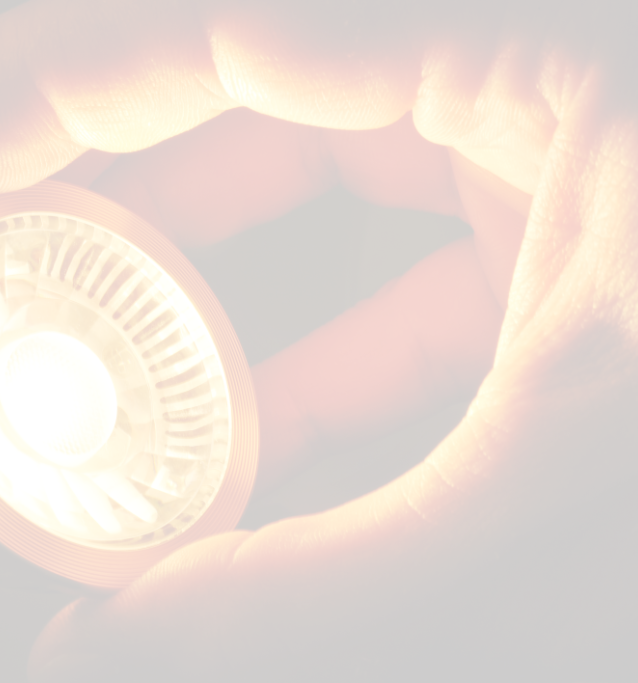High Purity Alumina
High-purity alumina (HPA) is a processed premium non-metallurgical alumina product characterised by its purity level – i.e. 99.99% (4N) or 99.999% (5N). The market price, application and performance of HPA varies widely according to its degree of purity.
HPA is used because of its superior properties and characteristics, such as excellent corrosion and scratch resistance, high brightness, and its ability to withstand extreme temperatures. It is used as a base material in the manufacture of sapphire substrates for applications such as light emitting diodes (LEDs), in the manufacture of artificial sapphire glass (eg mobile phone and television screens) and in certain battery and power storage components, artificial gemstones and special space, aeronautical and medical applications.
Increasing adoption of LED bulbs over traditional bulbs coupled with technological advancements and increasing investment in end use industries drives the world market for HPA.
These product sectors are all high-end markets that are expected to show continued strong year on year growth.
Outstanding Project Economic Metrics
US$K
HPA cash cost per tonne
%
IRR
Years
Model Mine Life for NPV
(Resource >100 Years)
US$M
Capex
US$M
Average Annual EBITDA
YEARS
Payback
US$B
After Tax NPV at 8%
US$M
Average Revenue Per Annum
NPV modelled on the following:
* 10,000TPA. **HPA basket price average of US$26,400 per tonne HPA (4N+5N). *** Includes 15% production of 5N.

